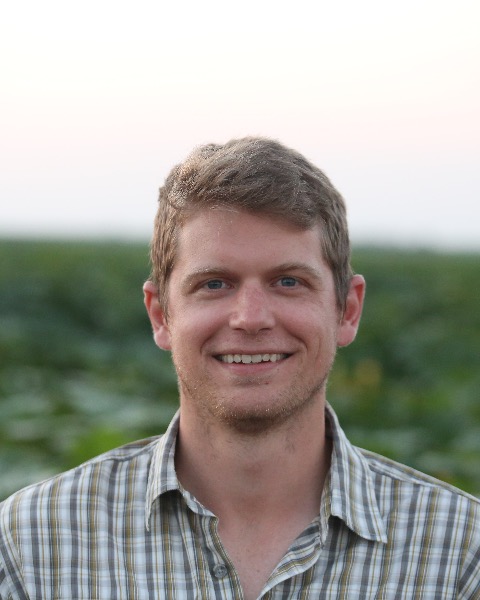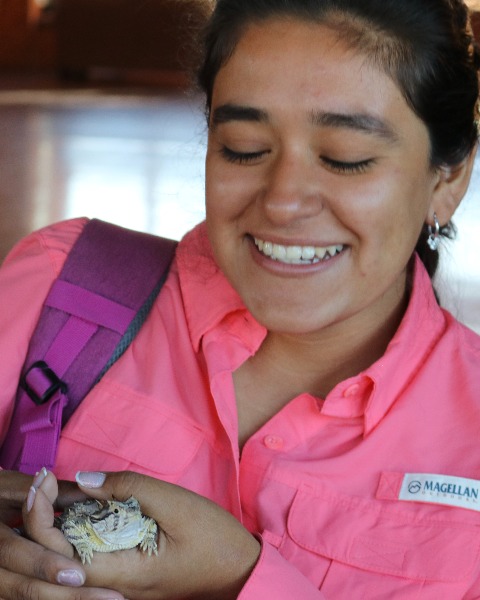10-Minute Paper
On-Demand
Plant-Insect Ecosystems
Pollination services to pumpkin in the Southern High Plains

Nicholas Ivers
Postdoctoral Scientist
Pennsylvania State University
Austin, Texas
Elizabeth A. Lopez
Research Assistant
University of Texas
Austin, Texas- HG
Hannah Louise Gray
Postdoctoral Fellow
University of Texas
Austin, Texas 
Shalene Jha
Associate Professor
University of Texas
Austin, Texas
Presenting Author(s)
Co-Author(s)
Pumpkins require animal mediated pollination to set fruit and produce viable crops, and are visited by specialist squash bees in the genus Xenoglossa which require Cucurbitaceae pollen for development. The Southern High Plains region of Texas has naturally occurring Cucurbita foetidissima plants which support the native squash species Xenoglossa pruinosa and Xenoglossa strenua. However, this region is also under intensive agricultural management with large fields of pumpkin crops which attract and support high abundance squash bee populations.
We conducted a landscape scale study of pollination in this intensive agroecosystem, surveying pollination services to 17 fields across Texas. We assessed overall pollen deposition at each site to determine whether pollination services varied as a result of bee abundance or richness, plant sex expression, local management practices, or regional land-use. Additionally, we surveyed the foraging behavior of bees found visiting pumpkin (C. pepo pepo), and assessed species level preferences for male and female flowers and species level differences in pollination efficiency.
We found evidence that human management practices at both local and landscape scales have a substantial impact on pollen deposition, while variation in bee abundance also had a major influence on seasonal changes in pollination services. Lastly, we found that specialist squash bees deposit more pollen per visit, and account for the majority of pollen deposited at the field level given they comprise nearly 84% of the bee community visiting pumpkin.

.png)
